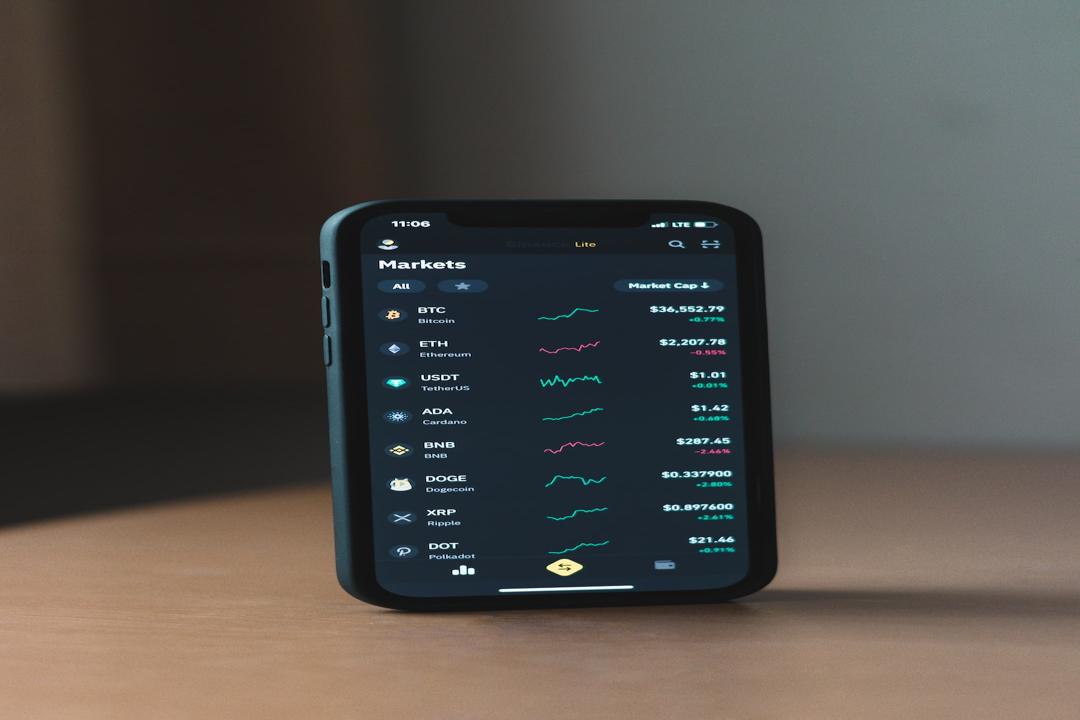Israeli fintech company Kima and Mastercard’s FinSec Innovation Lab have joined forces to embark on a groundbreaking project that aims to bridge the gap between decentralized finance (DeFi) tools and traditional financial services like credit cards and bank accounts. The objective is to turn the concept of a “DeFi credit card” into a reality. The project has received support from the Israel Innovation Authority.
Kima, which operates a blockchain-based peer-to-peer money transfer and payment protocol, distinguishes itself by avoiding the use of smart contracts, which it considers to be unreliable and experimental. The company plans to expand its existing protocol and launch a mainnet and token by the second quarter of 2024. As part of the collaboration, FinSec will operate a Kima node and become a significant shareholder in the network.
FinSec, backed by the Israel National Cyber Directorate, Finance Ministry, and Innovation Authority, focuses on working with fintech and cybersecurity startups. The partnership with Kima was announced in July 2023.
The primary aim of the project is to establish a connection between DeFi and traditional finance, enabling users to overcome technical and regulatory obstacles to DeFi adoption. Eitan Katz, co-founder and CEO of Kima, expressed his enthusiasm for the venture, highlighting the rapid expansion of Kima, which has already announced six integrations and 18 new partnerships in 2024. These collaborations include ventures in Vietnam and Thailand. Additionally, Kima has joined the incubator of ChainGPT, an artificial intelligence protocol, incorporating AI into its liquidity management algorithm.
Kima is among the 16 companies that receive support from FinSec, while Mastercard is actively involved in various blockchain development projects. This includes partnering with US banks for tokenized settlements on a shared ledger and collaborating with crypto lending platform Nexo to develop a crypto-powered credit card in the European Economic Area. Furthermore, Mastercard is engaged in research related to central bank digital currencies in collaboration with blockchain networks and payment providers.
Overall, this project signifies a significant step towards integrating DeFi and traditional financial services, ultimately paving the way for the future of finance in the 22nd century.

